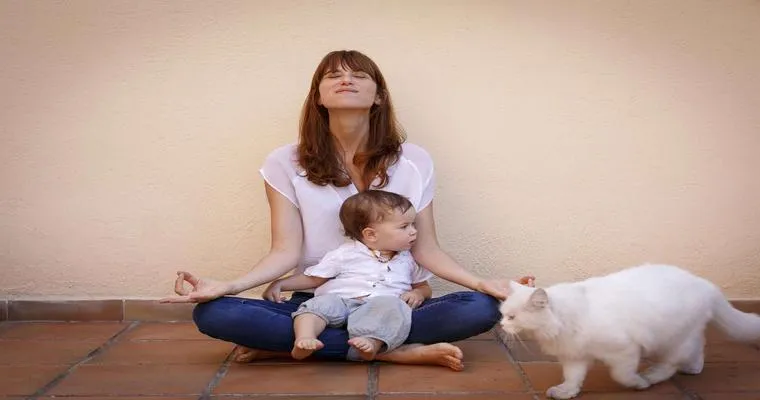Dealing with a "parent" who seems to be "inactive" and unwilling to take care of herself can be a challenging and emotional experience. If your "mom" is sitting in a chair all day and expressing feelings of "laziness", it’s essential to approach the situation with empathy, understanding, and a plan. This article provides guidance on how to handle this delicate scenario effectively.
Understand the Underlying Issues
Before jumping to conclusions about your mom being lazy, it is crucial to consider that her behavior may stem from "underlying issues". These could include mental health concerns such as "depression", anxiety, or even physical health problems that make her feel fatigued. Take some time to talk to her about how she is feeling and encourage her to express her emotions. Listening to her concerns without judgment can be the first step in understanding her situation better.
Encourage Professional Help
If your mom’s inactivity persists, it might be beneficial to suggest that she seek professional help. A healthcare provider can assess her physical and mental well-being, helping to identify any potential issues that may be contributing to her behavior. Encourage her to speak with a therapist or counselor who can provide support and strategies for improving her situation. Sometimes, just knowing that professional help is available can motivate her to take action.
Create a Supportive Environment
Creating a "supportive environment" can significantly impact your mom’s willingness to engage in activities. Start by making small changes around the house that encourage movement. For example, rearranging furniture to create open pathways makes it easier for her to walk around. Introduce her to engaging "hobbies" or activities that she might enjoy, whether it’s knitting, painting, or even simple household tasks that feel manageable.
Set Small Goals
Sometimes, the idea of doing something can feel overwhelming. Help your mom set achievable "goals" to foster a sense of accomplishment. Start with very small tasks, such as standing up from her chair every hour or walking around the room for a few minutes. Celebrate these small victories to motivate her further. As she becomes more comfortable, gradually introduce more challenging activities.
Foster Social Connections
Loneliness can contribute to feelings of inactivity and laziness. Encourage your mom to reconnect with family and friends or join community groups where she can engage with others. Socialization can provide her with not only emotional support but also motivation to participate in physical activities. If she feels a sense of belonging, she may be more inclined to get up and engage in life.
Be Patient and Compassionate
Throughout this process, remember that change takes time. Be patient and compassionate as your mom navigates her feelings and activities. Offer encouragement rather than criticism when she struggles. Let her know that you are there for her and that you want to help her find joy and purpose in her day-to-day life.
Conclusion
Handling a parent who appears lazy and inactive is not an easy task, but with understanding and support, you can help her regain her motivation and independence. Approach the situation with empathy, encourage professional help, and create an environment that fosters engagement. By doing so, you can help your mom lead a more fulfilling and active life. Your love and support are crucial in this journey, and together, you can make a positive change.





